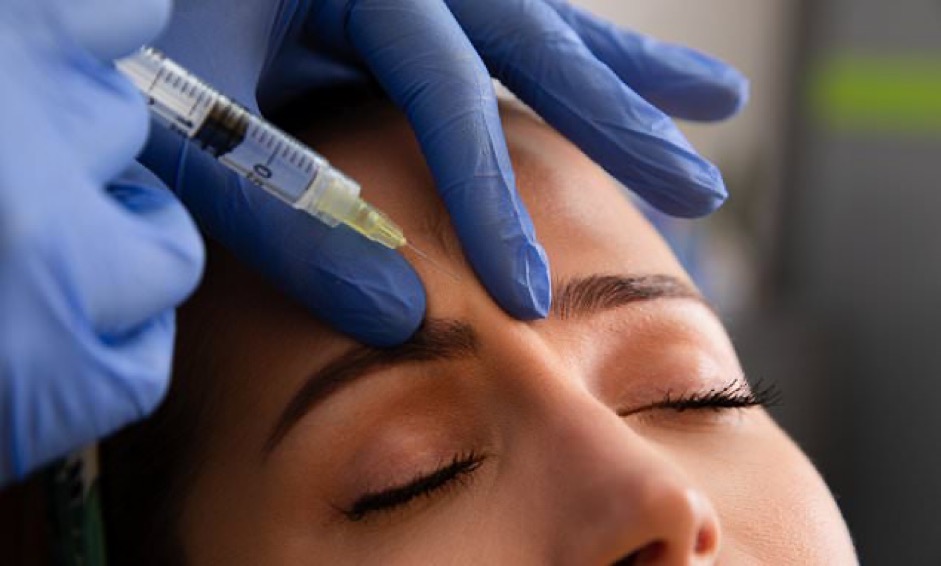Cosmetic Procedures Soar as Social Media Drives Quest for Fountain of Youth

The American Academy of Facial Plastic and Reconstructive Surgery reports that 75% of plastic surgeons have seen a surge in clients younger than 30.
“As social media and visual self-representation continue to dominate our culture, traditional customer demographics across many sectors, plastic surgery being no exception, are being replaced with a younger, highly mobile and heavily engaged client base,” said top New York City plastic surgeon Dr. Richard Westreich. “Essentially, everyone lives the life of celebrity, and the quest for the fountain of youth now begins in the 20s for many people.”
To engage with this younger demographic, practices need to be more mobile friendly, Dr. Westreich explained.
“Practices must have a strong social media presence, engage patients over text, direct messaging and email rather than telephone calls, and also offer online booking,” he said.
Dr. Westreich suggests bundling more than one “tweakment” during an appointment, which can save time and money for the client.
Whatever procedure a person is considering, due diligence is the best defense against potential post-op problems, Dr. Westreich cautioned.
“My best advice to people is to go back to the mindset before the Zoom boom,” he said, explaining that virtual consults have streamlined the process and tightened the timeline between concept and completion. “Don’t rush into something just because it’s easy or convenient.”
Popular procedures include breast augmentation, liposuction, rhinoplasty, eyelid surgery and facelifts. Less invasive procedures like Botox injections are skyrocketing.
If you’re considering any cosmetic procedure, these safety tips from Dr. Westreich can improve your chances of a better outcome:
Tip 1: Make sure any doctor you schedule through a virtual visit allows you to cancel AFTER an in-person meeting for surgery. There is no substitute for face to face.
Tip 2: Your health doesn’t belong in the bargain bin.
Tip 3: Medical tourism can be dangerous. Laws may differ; regulations may differ; problems with after care may arise.
Tip 4: Understand informed consent. Ask for examples of not only the good outcomes but also the potential bad ones. Ask for data specific to the procedure and the doctor performing it (complication rates, death rates).
Tip 5: Surgery belongs in accredited operating rooms. Ask to see accreditation certificate (AAA, AAAA, JCAHO).
Tip 6: Make sure the board certification of a doctor makes sense for the procedure they are performing.
Tip 7: If significant issues arise after a procedure (surgery or office injection), seek a second opinion on management.
More on Dr. Richard Westreich
Dr. Richard Westreich graduated Magna Cum Laude with a B.A. in Biological Basis of Behavior, Neuroscience concentration in 1995 from the University of Pennsylvania. He completed his medical school training at the New York University School of Medicine in 1999 with an M.D. and Honors in Cell Biology Research. Dr. Westreich then did his post-graduate training in Facial Plastic Surgery and Otolaryngology at the prestigious Mount Sinai Hospital in New York City.
He has been selected multiple times by Castle Connolly and New York magazine as one of the top doctors in facial plastic surgery. He is an assistant professor at SUNY Downstate Medical Center and is on staff at Lenox Hill and Mount Sinai Hospitals. He is a faculty member and teacher at a fellowship in Facial Plastic Surgery at Mount Sinai. His private practice is located on the Upper East Side of Manhattan, where he specializes in rhinoplasty, septoplasty, secondary and reconstructive rhinoplasty, facelifts, eyelid surgery and nonsurgical procedures.
He can be seen regularly on several national news programs, including ABC, CBS, FOX and Newsmax.
Dr. Westreich is also an accomplished artist and musician. His band, Big Rich Energy, is currently touring, making limited stops across New York City. For more information on his band: https://bigrichenergy.com/.




